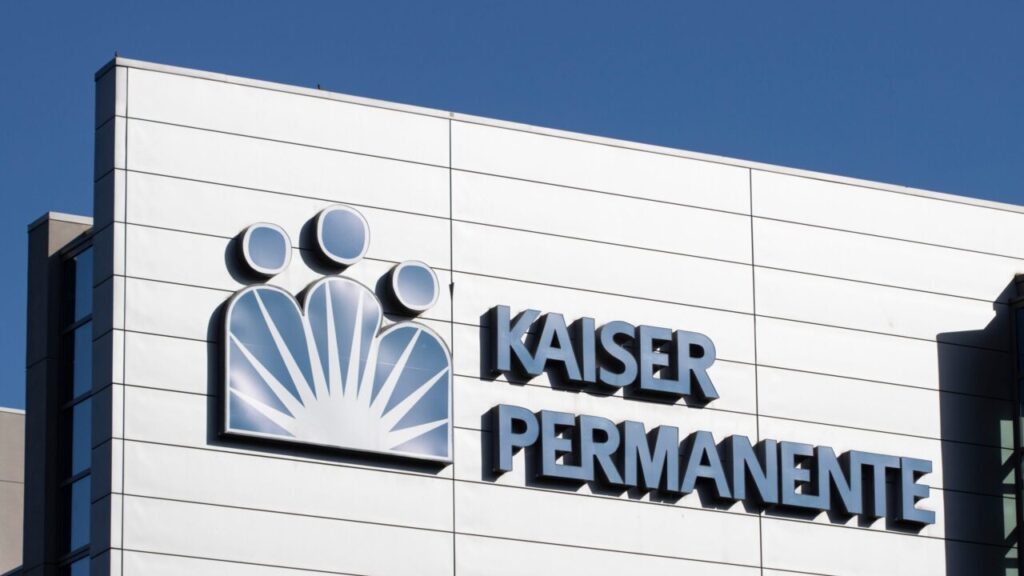Share
|
Getting your Trinity Audio player ready...
|
California legislators are working to change the fast-food business model to protect workers’ rights. Opponents say it will make becoming a business owner much harder.
And while business owners say the bill that just passed the California Assembly will not provide any extra protection for workers, they also say the union push this time around may get the bill across the finish line.
Of the 3.58 million fast-food workers in the U.S., 73% work in a franchise, according to California Assembly analysis. Franchise owners license with a larger company to use a business name and a menu to share in the company’s larger branding.
Holden: Franchise Model Pressures Owners to Cut Corners
Assembly Bill 1228 would make fast-food franchisors with more than 100 locations nationally share legal liability for paycheck violations, worker safety complaints, and class-action lawsuits.
Laws making franchisors culpable for labor violations for a franchise’s employees are commonly called joint employer.
“This bill is aimed at protecting workers and supporting local businesses by ending corporations’ ability to exploit the franchise system,” said Assemblymember Chris Holden (D-Pasadena), the bill’s author.
More than half of fast-food workers have experienced wage theft whether it be getting paid late, not getting paid overtime rates, denied meal breaks or reimbursement for uniforms, according to a report from the UCLA Labor Center.
Holden said maintaining a safe and healthy environment puts pressure on franchisees because “global corporations refuse to contribute their share.”
“Pressure from corporations to cut costs and keep profits high creates environments ripe for exploitation, abuse, and rampant violations of employment laws,” Holden said.
Business Owners: Joint Employer Laws Keep Many from Business Ownership
Making franchisors liable for workers upends the business model and takes control away from small business owners, say business advocates that include the California Chamber of Commerce and International Franchise Association.
“The supporters of the bill fail to understand the Franchising Business Model,” said Ali Nekumanesh in an email. Nekumanesh is an executive vice president with Deli Delicious Franchising.
The franchising model makes small business ownership possible for a lot of people who otherwise can’t afford to start one, Nekumanesh said. There is not as much risk opening a restaurant with a recognizable name.
Under the model, franchisees control hiring, training, and all working conditions.
If that model were to change, franchisors would look to mitigate financial exposure wherever possible, Nekumanesh said. They would likely make qualifying standards much higher and much more expensive.
“As you can imagine, this would have a detrimental and unrealized impact on the segment of our society who has limited financial and other resources,” Nekumanesh said.
Fast-Food Corporations Absolve Themselves from Labor Liabilities
Fast-food corporations control many aspects of restaurant operations, according to the Service Employee International Union’s support letter in the Assembly analysis.
Requests for comment from SEIU were not returned to GV Wire before this story’s publication.
McDonald’s and Burger King’s rules extend so far as to the speed of orders, lettuce on hamburgers, and “even whether workers smile and make eye contract with guests,” writes SEIU and the Fight for 15 in the support letter for AB 1228.
“However, when it comes to responsibility for issues endemic to the fast-food industry (wage theft, violence, harassment, discrimination, and other violations of employment law), small business franchisees and frontline workers are left to fend for themselves,” the letter stated.
Joint Employer Does Not Protect Workers, Say Business Advocates
Business advocates dispute claims that fast-food restaurants are responsible for such a high share of labor violations.
Fast-food franchisees are responsible for .66% of wage claims in California, despite making up 1.7% of employment, according to a May analysis by the Employment Policies Institute.
Lawsuits against fast-food employers filed under the Private Attorneys General Act — a legal avenue designed to make filing employer lawsuits easier — made up only 1.5% of lawsuits where awards were granted to employees and 1.8% of money granted to employees.
Nekumanesh said labor would be better served by better funding enforcement from state agencies that already exist.

AB 1228 Is One More Bill Changing Fast-Food Employment Laws
The California Assembly approved the bill on May 31. Senate Legislative, Public Employment & Retirement, and Judicial committees are currently reviewing the bill.
Laws targeting restaurants are nothing new. In September, legislators approved AB 257, which creates a Fast-Food Council to determine minimum standards on wages, working hours, and other working conditions for fast-food workers.
Opponents to the bill said the 10-member council could unilaterally set minimum wage laws, going as high as $22 an hour.
In January, a group called Save Local Restaurants successfully petitioned to have a proposition put on the 2024 ballot to repeal the law. The qualification for the ballot suspends implementation of AB 257 until then.
Definitions of “joint employer” bounce back and forth depending on administrations. In 2020, the definition under the National Labor Relations Board was limited to those with direct control over employee matters. A proposed change in September 2022 from the NLRB would loosen that definition.
Nekumanesh says each time joint employer comes up it gains momentum. While this law is limited to chains with 100 stores, he believes it will be extended soon to those including two or three units.
“A great number of the owners are employees who have worked hard, rose through the ranks, and became owners or partners in the businesses,” Nekumanesh said.
RELATED TOPICS:
Categories

Pentagon to Send 200 Troops to Nigeria

Chowchilla Police Investigate Incident During Student Walkout
















